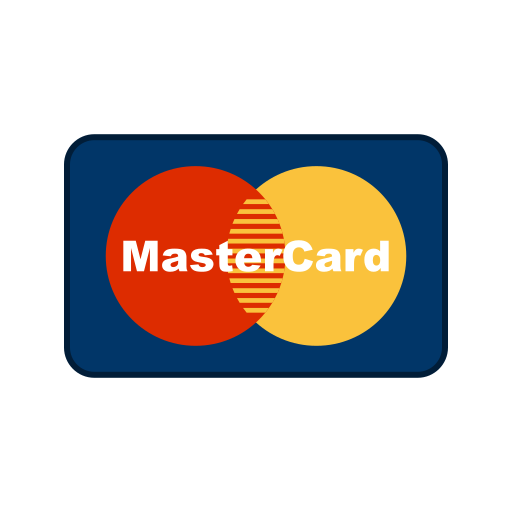
How To Build Early Language Skills?
From your baby’s first coos to their first words, watching their language skills develop is one of the most exciting parts of early parenting. Between the ages of 6 to 16 months, babies are laying the foundation for speaking—and while every child develops at their own pace, there are many ways you can gently motivate and support this process. Let’s dive in how you can help them – the earlier the better!
1. Talk to Your Baby—A LOT
It may sound simple, but talking to your baby throughout the day is one of the most powerful tools for language development.
Try this for example:
- Narrate your day: “We’re changing your diaper now. First the wipes… now a clean one!”
- Describe what your baby is doing: “You’re holding your rattle! That’s so noisy!”
- Use expressive tones and facial expressions—babies love animation and dynamic.
The more words your baby hears, the more they absorb and eventually try to imitate latter.
2. Pause
Sometimes, we fill every silence—but pauses are powerful. When you speak to your baby, give them time to respond with a sound, gesture, or look. This teaches the rhythm and the “rules” of conversation.
For example:
- You: “Do you want more banana?” Pause…
- Baby: (Looks at you or vocalizes)
- You: “Okay, here’s more banana!”
These back-and-forth lays the groundwork for real dialogue.
3. Sing Them Songs and Say Rhymes
Repetition, rhythm, and melody help babies remember words. Classic nursery rhymes, finger plays (like “Itsy Bitsy Spider”), and simple songs support both memory and pronunciation.
Make it a routine:
- Sing during diaper changes.
- Hum lullabies before nap time.
- Clap or tap along to encourage rhythm and engagement.
And before you know it, you will have a little musician ready to perform!
4. Read Aloud Every Day
Even if your baby doesn’t understand the story yet, reading builds vocabulary. Babies have small attention spans so this can help you keep your baby’s attention for longer than usual.
Choose books that:
- Have bright pictures and simple words.
- Include repetitive phrases or animal sounds.
- Encourage interaction (lift-the-flap or textured books).
Let your baby turn the pages, point to pictures, or “babble” while you read—they’re participating!
5. Model Speech and Label Everything
Point to everyday items and name them clearly: “bottle,” “dog” Use slow, exaggerated speech (“parentese”)—not baby talk, but clearer and more melodic.
Try to improve by using real words instead of just sounds:
- Instead of “moo,” say “That’s a cow. It says moo!”
6. Celebrate All Sounds
Before actual words, babies go through stages: cooing, babbling (“ba-ba,” “da-da”), and jargon (baby talk with rhythm).
Encourage every sound:
- Imitate them and take turns.
- Repeat their babbles and expand: Baby says “ba,” you say “Yes, ball!”
It builds confidence and reinforces that what they have to say matters.
7. Play Face-to-Face and Use Gestures
Babies learn a lot by watching faces. Get down to their level and make eye contact when you talk or play. Use gestures like waving, clapping, or pointing—this supports understanding and can even come before speech. Open more your mouth when you talk to them.
Teaching simple signs (like “more,” “milk,” or “all done”) can help bridge communication and reduce frustration.
Your baby is always listening, watching, and learning—every word you say helps shape their growing world. Be patient, be playful, and remember that talking is a journey, not a race. With your love and encouragement, those precious first words will come.
















